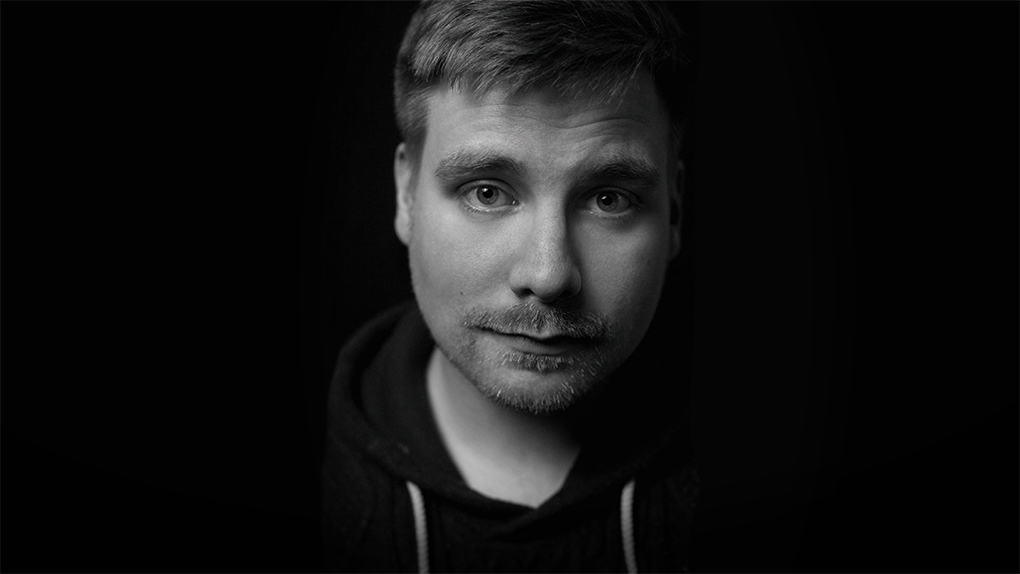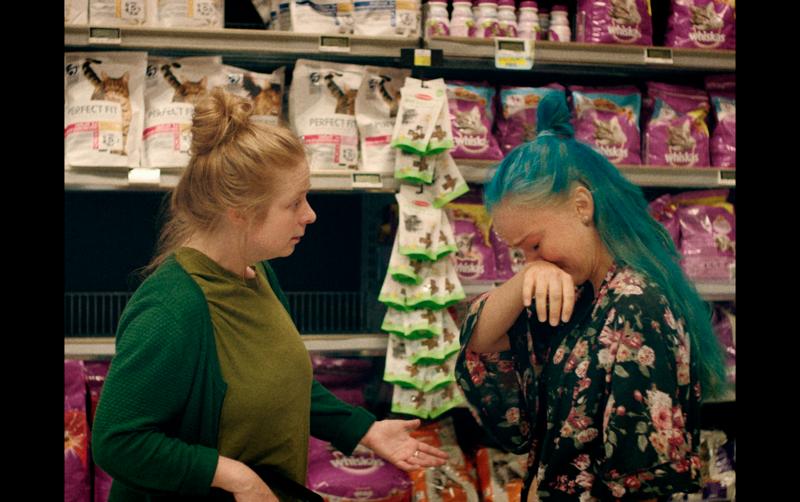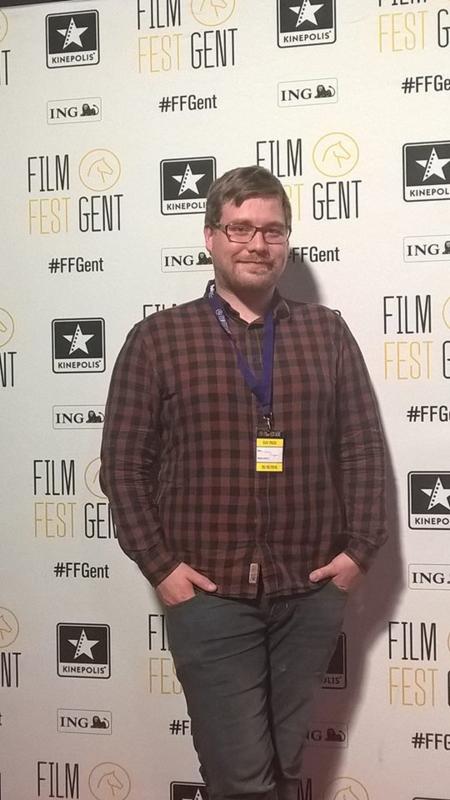Three weeks before starting to film his graduation film at the Copenhagen-based film school Super16, Andrias Høgenni was struck by bad luck. The chicken farm that he was to film at was closed due to bird flu, and now he had to go back to the drawing board and develop a new idea for a graduation short film.
'Ikki illa meint' started as an "emergency solution", but now, nearly a year later, the film has been selected both for the Cannes Festival and for Denmark's leading Odense Short Film Festival.
"After the initial production challenges, it is even more surreal that the film was selected for Cannes. I'm really pleased with the result, and I actually do not think that I would have allowed myself to make this film if I had had a year to prepare it. Then I would have corrected and polished the film until it became something completely different. In this way, the graduation process taught me that it is important to be spontaneous and believe in one’s ideas,” says the 30-year-old director.
The short film follows two Faroese girlfriends, Elinborg and Marita, who run into each other by chance in a Danish supermarket. A confrontation erupts when Marita finds out that Elinborg has blocked her on Facebook – without wanting to explain exactly why.
Høgenni says that he has always been fascinated by situations in which digital conflicts result in tangible consequences in the 'real' world.
"A large part of our verbal communication takes place in grey zones, where you do not have to spell things out. But it isn't always possible online, where everything is more black and white, for example, when you block someone. At the same time, there are many people who lose their filter when their rage finds its way through the keyboard – in contrast to when you are confronted with the person in reality."
The Faroes is experiencing a rapid development
The newly graduated director calls the two alternative Danish film schools, which he has attended, Super16 in Copenhagen and 18Frames on the island of Funen, "important links in the Danish film food chain". The educational programmes ensure diversity of the industry’s talent pool, which includes people from every conceivable area, he explains.
"The two programmes have given me the courage to listen to my own creative voice and have taught me to believe that there is an audience that wants to see small, strange films which switch between Faroese and Danish."
Høgenni still has plans to make films in both Denmark, where he has lived for nearly ten years, and in the Faroe Islands, where he grew up. The Faroe Islands have experienced a rapid development as a film nation in recent years, he explains.
"When I started making films in 2005, there was only the Film Workshop in the capital of Tórshavn. This formed the framework for the entire Faroese film industry. During the last 14 years, a monumental development has taken place, including the creation of the Faroese Film Institute, which has contributed to establishing a framework for professionalising Faroese films. More feature films are being developed, and the Faroese finally have the possibility to experience their own culture through moving images.
"Every culture has the right to have its own stories, and I hope to be able to take a small step in the process of preserving and developing the Faroese film language."


